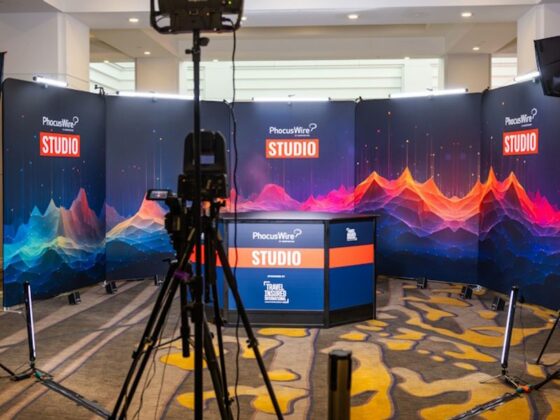
Digital identity acceptance will likely be driven by a combination of governments and private industry. The concept goes far beyond the simple digitization of a document such as a license or a passport. A full, inter-operational digital ID ecosystem will be required to truly reap the benefits of frictionless travel. The first step is to enable a new type of mobile digital wallet, referred to as a mobile software wallet.
There is some evidence that the travel industry may move to use NFTs (non-fungible, blockchain-based tokens that represent a unique asset) to denote tickets or hotel reservations. In addition to identity, mobile software wallets must be capable of securely storing various valuable objects (e.g. reservations, tickets, passes, vouchers, loyalty points, policies). Mobile software wallets’ potential for success and mainstream adoption is directly correlated to their ability to execute on these parameters: This is a crucial differentiator from existing mobile operating system Wallets such as Apple Pay and Google Pay.
Beyond mobile software wallets, additional components are required for the industry to fully embrace SSI and verifiable digital identity.
Digital ID use cases in travel
The full use case analyses live in the full report; get the research report here.
- SITA/Aruba
- Neoke
- Clear
- IATA
- Travlr ID
The role of a robust, flexible, verifiable digital identity is at the heart of automating and personalizing the travel process in the future and creating the “connected trip.” The rapidly rising importance of artificial intelligence (AI) will also play a role in the way digital identity is accessed and preferences are used. AI will impact the way information is collected and monitored as well as enable more automated bookings.









